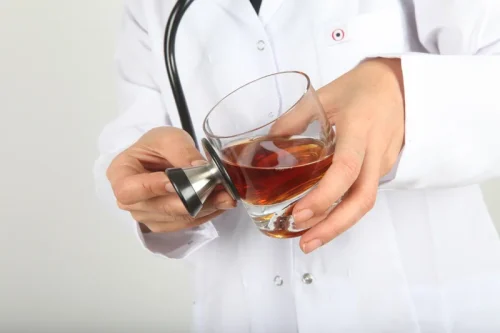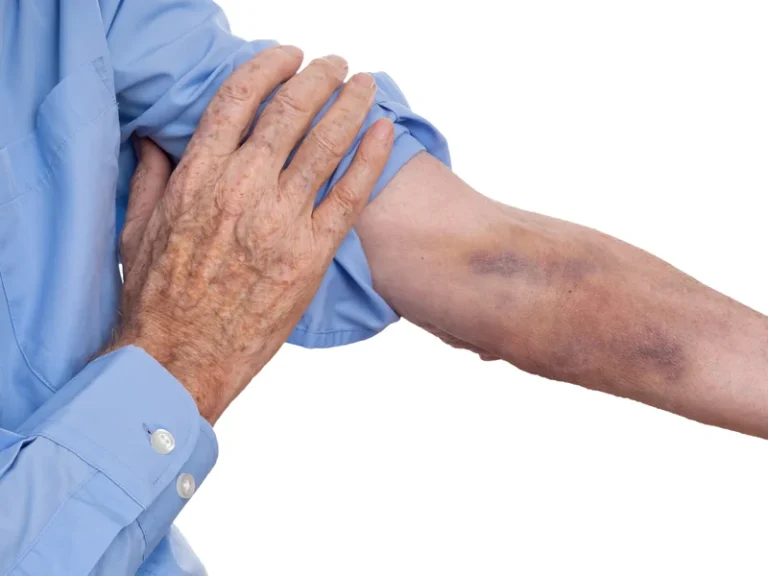
People who drink too much alcohol are at risk of developing a host of health conditions and disorders including certain types of cancer, liver disease, and heart disease. Excessive alcohol consumption can damage the brain and other organs, and it also increases the chances of developing sleep problems, depression, and other mental health problems. Alcohol can interfere with a person’s ability to care for their other medical conditions or make other medical conditions worse. There is also some promise from prospective randomized clinical trials. In particular, there was one clinical trial from Denmark, a well-known and -conducted clinical trial where they looked at exenatide, and they didn’t see an effect of exenatide compared with placebo in the main analysis. But in a subanalysis, they did see that exenatide reduced alcohol drinking, but only in patients with alcohol use disorder and obesity.
What is considered 1 drink?

However, communication was limited to questions about the study and receiving tech support. Illustrates the percentage of Tula users each week during the 52-week (or 12-month) study period. The numerators are the number of participants who used the Tula app in a particular study week while the denominators are the number of participants actively enrolled in the study during that week. The first https://ecosoberhouse.com/ step toward a person’s recovery is to acknowledge they have an alcohol dependency problem. The criteria include having a pattern of consumption that leads to considerable impairment or distress. To diagnose AUD, people must meet at least 2 of 11 criteria described in the Diagnostic and Statistical Manual of Mental Disorders, 5th edition, text revision (DSM-5-TR) in the past 12 months.
Treatment for alcohol use disorder
Excessive alcohol use can harm people who drink and those around them. You and your community can take steps to improve everyone’s health and quality of life. The less alcohol you drink, the lower your risk for these health effects, including several types of cancer. Excessive alcohol use is a term used to describe four ways that people drink alcohol that can negatively impact health. Binge drinking is drinking so much at once that your blood alcohol concentration (BAC) level is 0.08% or more.
International Patients

Dr Christian Hendershot at UNC is conducting a study at Chapel Hill. Basically, we need to wait for results in the next years to come from randomized clinical trials to better unfold the question about doses. For example, just anecdotally, I will tell you that in the clinical trial we are conducting right now at the NIH Intramural Research Program, for which I’m the principal investigator (PI), we are going up to 2.4 mg — the highest dose of semaglutide. A study was recently published in Nature Communications by a group in Cleveland in collaboration with Dr Nora Volkow from the National Institute on Drug Abuse. This study shows the association between being on a GLP-1 RA and the lower incidence of alcohol use disorder and lower drinking.

This causes the body to crave alcohol to feel good and avoid feeling bad. In the brain, levels of the neurotransmitter dopamine is alcoholism a mental illness rise after consuming alcohol. These heightened dopamine levels may make the drinking experience more gratifying.
- We believe in treating alcohol use problems as early as possible.
- I think more individualization here will come as we start using these medications that might be having potential effects on different organ systems.
- Participants in this group used the app on their own, like most commercially available health apps.
- In fact, we’re including people with diabetes, so for people on other medications like metformin, we explain to them that technically such a risk should not exist, but because you’re drinking alcohol in excessive amounts, you do have a potential higher risk.
- You can also explore other tools to help you reduce your alcohol consumption.
- Treatment involves shared decision-making, combining pharmacotherapy and behavioral therapy with interdisciplinary collaboration essential for comprehensive care and improved outcomes.
